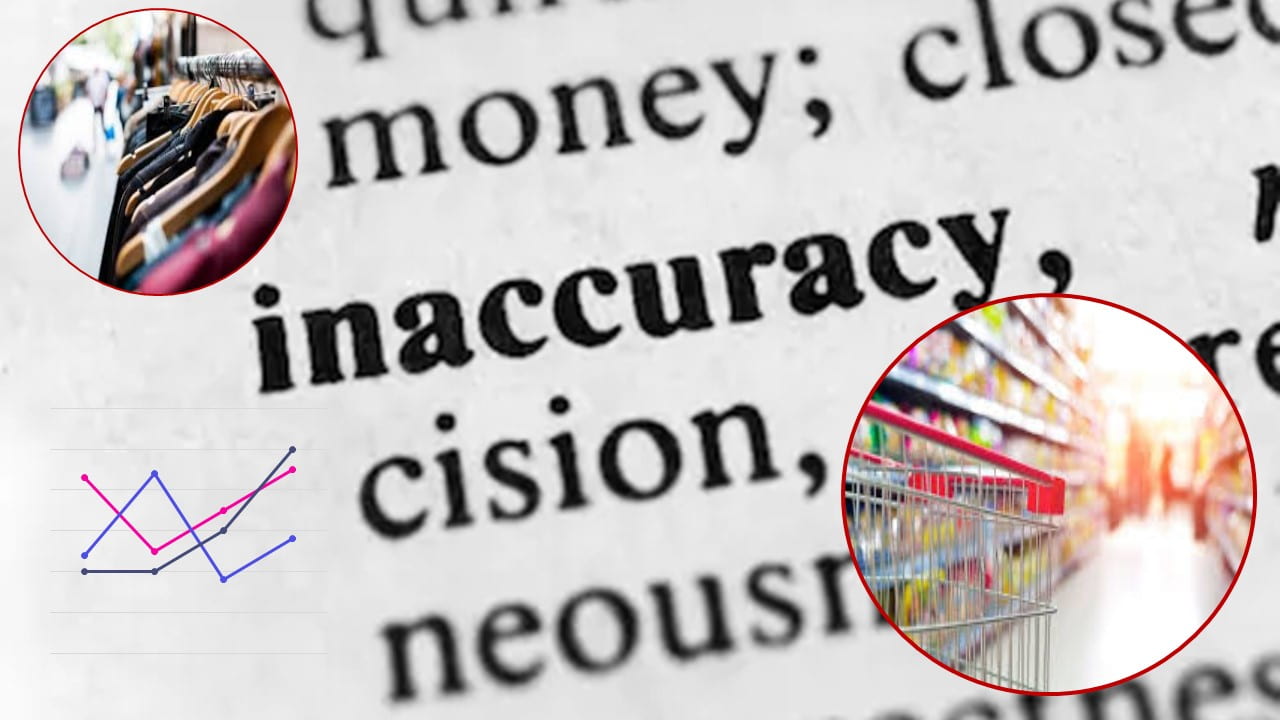
Download the white paper of the study >
emlyon faculty: Yacine Rekik
In collaboration with: Pr. Aris Syntetos Cardiff Business School, UK) and Pr. Christoph Glock (Darmstadt Technical University, Germany)
Sponsors: ECR (Efficient Consumer Response) and 8 grocery and apparel retailers from Europe
There is a growing body of evidence to suggest that retailers’ inventory records are significantly inaccurate. Earlier research found that the share of incorrect inventory records may range between 65% and 80%, with inaccurate inventory records often indicating higher (or lower) inventory levels than are actually available in the store.
Our work seeks to further substantiate the presence of inventory inaccuracies in the retailing sector, understand the differences between positive and negative inventory inaccuracies and, most importantly, demonstrate and quantify the impact of improving inventory accuracy on sales, ideally at category level. It is intuitively appealing to expect that if we true up the inventory records then sales will increase. However, and until this is shown through some rigorous and extensive analysis, it remains a speculation. This is precisely what this work aims to achieve: turn a speculation into a tangible and trustworthy figure that will help inform retailers of the appropriate levels of resource and investment that should be put against improving inventory records accuracy.

